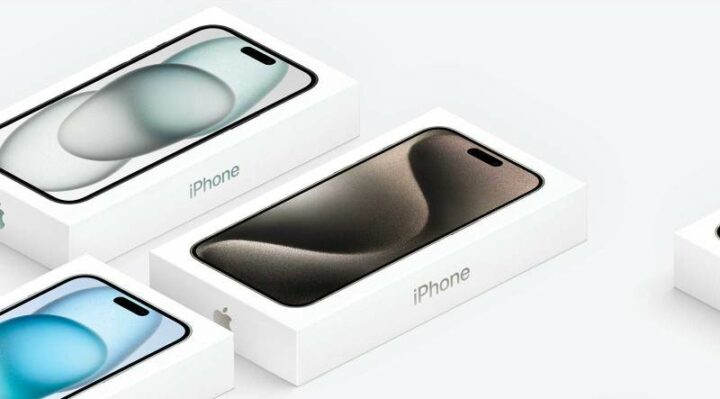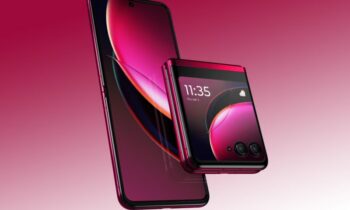
Apple has finally joined the generative artificial intelligence (AI) bandwagon after nearly two years of waiting. Tim Cook, the CEO of the business, made the major announcement at the Worldwide Developer Conference (WWDC).
“I’m excited that we’ll introduce profound new intelligence capabilities that we hope will inspire developers, delight users, and make our platforms even smarter and more useful than ever,” Cook said as the keynote event got underway.
The scope of this technological advancement, however, was qualified by information that Apple later revealed during the keynote and on its website. It will only be accessible to current iPhone owners who own one of the two most powerful models, the 15 Pro or 15 Pro Max, and it will only be available to users who can speak and write in U.S. English by 2024.
If they choose not to purchase a new smartphone, well over 90% of current iPhone owners will be impacted by the new Apple Intelligence system and the anticipated significant redesign of Siri, which will launch with the new iOS 18 operating system in the autumn and be under testing.
Without official data from Apple, estimations suggest that there are roughly 1.5 billion active iPhone users globally. Various analysts also speculate that the quantity of the world’s best-selling phones, the iPhone 15 Pro and Pro Max, may approach 100 million units. This implies that not even 7% of Apple’s overall mobile phone user base would be reached by Apple Intelligence. Additionally, users from outside the United States will not be included in that percentage at this time.
Of the 24 models that are compatible with the new iOS 18, only the iPhone 15 Pro and Pro Max will be able to use Apple Intelligence. This system offers new features like the ability to create new emojis and images from scratch with a few simple instructions, in addition to functions already provided by other technological giants, like summarizing documents, notes, audios, and phone calls, suggesting answers to messages, reviewing texts and correcting style and tone.
The redesigned Siri digital assistant, which can now comprehend requests far better, maintain the thread of a discussion with the user, and ask ChatGPT to handle any questions it is unable to answer, will also be unavailable to users of previous iPhone models.
In addition to phones, tablets and PCs with Apple CPUs (the M1 or higher) will also be able to use Apple Intelligence and the new Siri. Regarding iPads, this will help 13 of the 18 computer models that are compatible with macOS 15 Sequoia and five of the 15 models that are compatible with the iPadOS 18 operating system.
Apple released the iPad Pro in 2021, the iPad Air in 2022, and Mac computers with Apple CPUs starting in 2020. The new intelligent capabilities won’t be available on any iPad mini or iPad model that doesn’t have these processors.
Apple’s transition to generative AI won’t have an impact on its Vision Pro mixed reality glasses either, even though it’s one of the brand’s most advanced and cutting-edge products and has an M2 CPU with plenty of RAM.
Promising Features, But Not for the Near Future
The Siri redesign was also eagerly anticipated for HomePods, which can only be operated by voice commands like “Hey, Siri,” and Apple Watches, where the digital assistant performs poorer than on iPhones. Nevertheless, the Apple TV video player, smart speakers, and wristwatches will not be receiving the updated Siri anytime soon.
Apple has not said if future versions of the various platforms that are not yet included in the new AI system would be able to utilize some of its features, either through the processor or by connecting to the same private cloud computing network.
The most complex generative AI requests will be handled by this network, which went live on June 10. When these functionalities will be accessible in other languages, including Spanish, is likewise unknown.
Apple Intelligence “will be available in beta as part of iOS 18, iPadOS 18, and macOS Sequoia this fall in U.S. English,” according to the tech giant. Over the course of the following year, a few features, software platforms, and new languages will be released.
Tech analysts are disappointed that the updated Siri will not work with smart speakers or wristwatches. Jason Snell, a former Macworld editor, wrote on SixColors prior to the presentation, saying, “When I’m running or walking my dog, I generally use just AirPods and my Apple Watch. Theoretically, I’m covered by Siri, but I generally avoid talking to it because it’s unreliable.”


